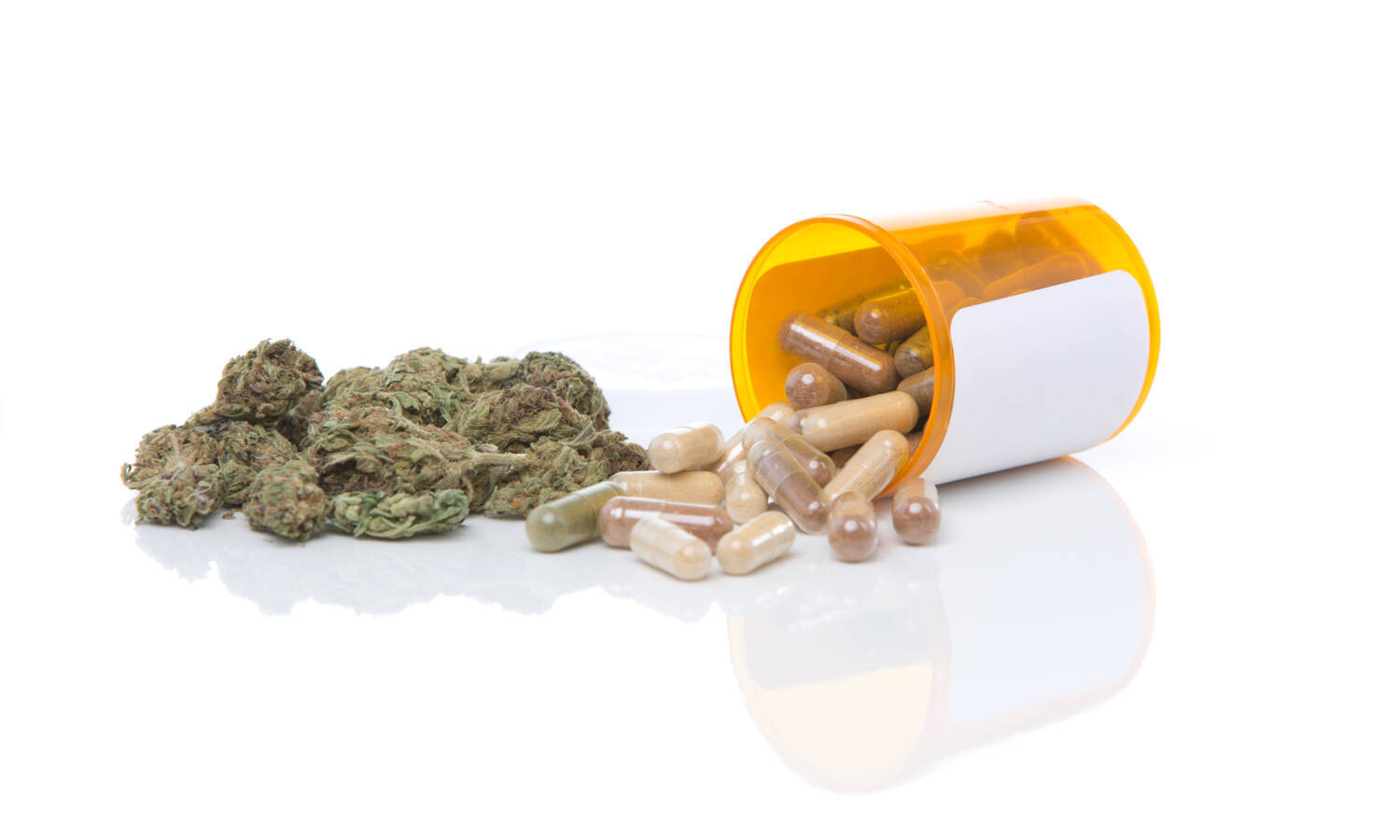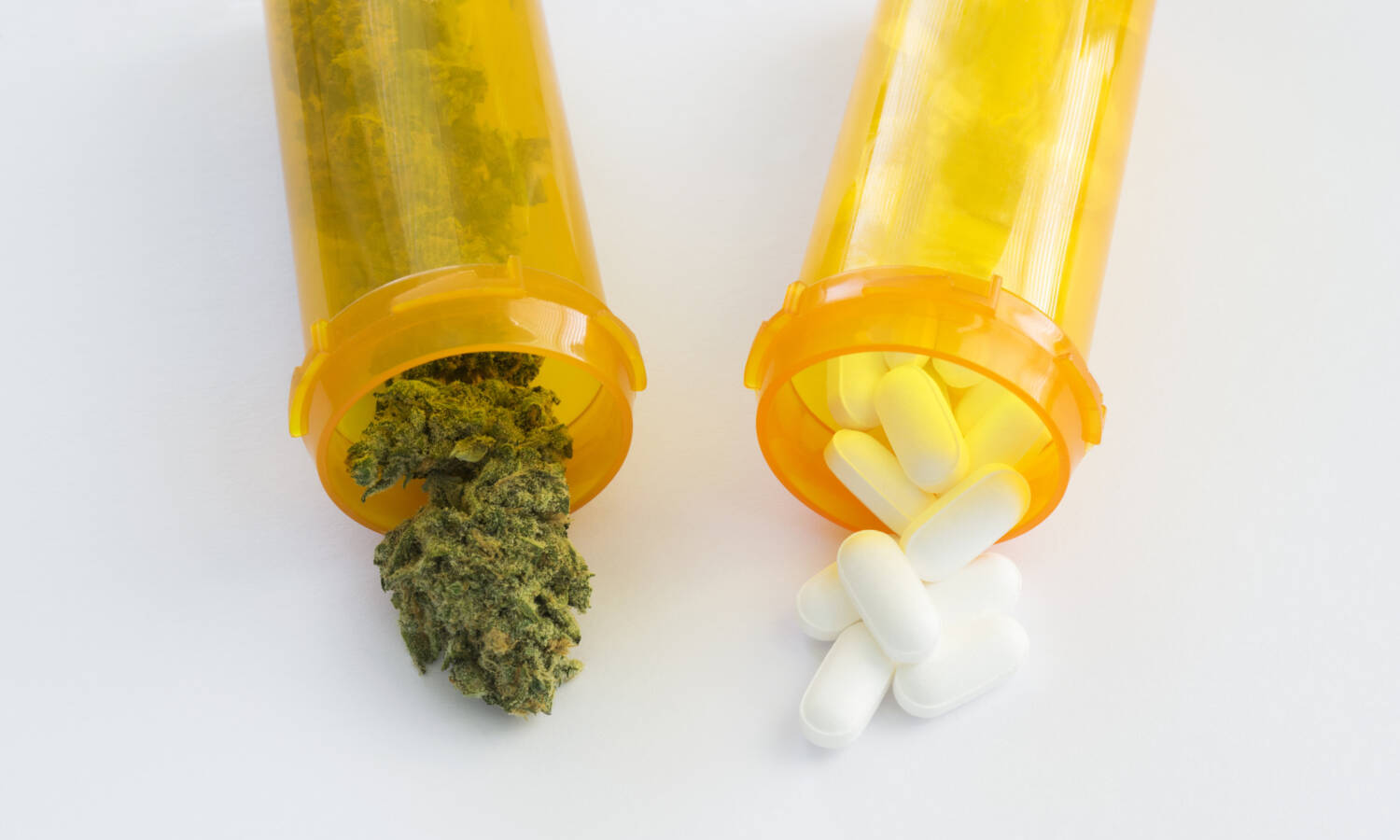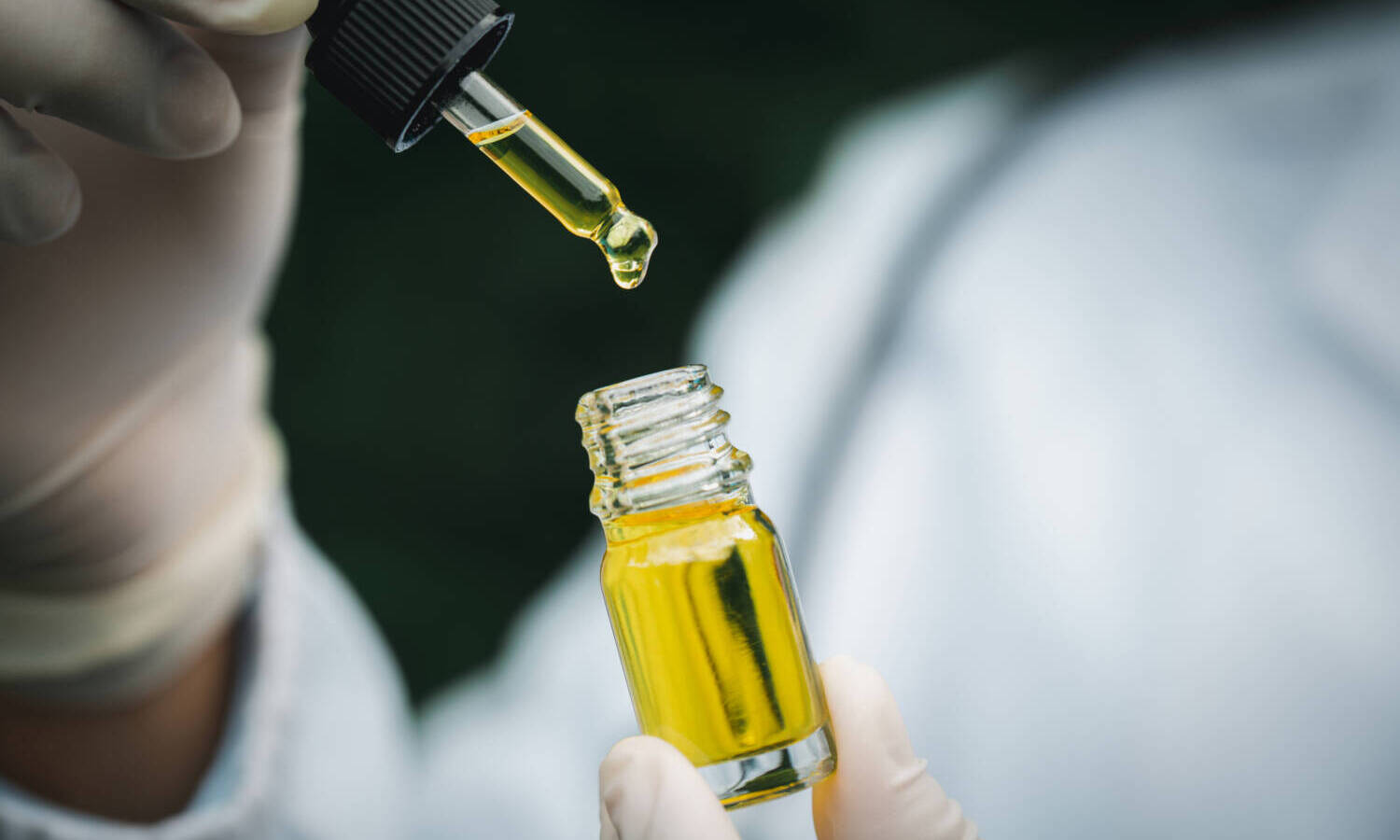
Antidepressants numb emotions, new study says – time to switch to cannabis?
Emotional dulling, also known as numbness, is common among people being treated with antidepressants. When this happens, one cannot feel happy or sad. You simply feel numb, unable to cry or laugh when the situation calls for it, and you may even feel less empathy for others. It can also reduce your motivation and your enjoyment of doing things that you used to enjoy. That’s the double-edged sword that comes with taking antidepressants, on top of all the side effects that any drug can produce anyway.
A new study analyzed the effects of Lexapro, a selective serotonin reuptake inhibitor. Lexapro is a common antidepressant that acts on serotonin levels, which we know as reuptake sites. It inhibits serotonin recycling in these parts of the brain, allowing us to store more serotonin, reducing symptoms of depression. For most people, treatment with Lexapro and other SSRIs takes about four weeks to feel the full effects. But is it worth the emotional numbing that comes with it?
The report finds that approximately 40-60% of the population using SSRIs experience emotional numbing. It also notes that things aren’t as comfortable anymore, although it’s not clear if this is an effect of depression or the drug.
Photo by Maskot/Getty Images
One of the latest studies on this topic, published in the journal Neuropsychopharmacology, was conducted by researchers from the University of Cambridge led by Prof. Barbara Sahakian. She revealed to The Guardian: “In a way that could be partly how they work. They take away some of the emotional pain that people with depression feel, but unfortunately they also seem to take away some of the joy,” she says of emotional numbing.
For the study, 66 volunteers were assigned to take either escitalopram (generic name of Lexapro) or a placebo for 21 days. After that, they were asked to complete a series of cognitive tests that measured their memory and attention, as well as other functions. According to Sahakian, escitalopram made no difference in the test results. “The drug doesn’t negatively affect cognition — it’s very good from that perspective,” she says.
On the other hand, it was also found that study participants taking SSRIs were less responsive when exposed to reinforcement learning since they were asked to respond to positive or negative stimuli. You were shown two screens, one giving a reward 4 times out of 5, while the other screen gave a reward only 1 time out of 5. They eventually learned to dial the positive reinforcement screen, but the probabilities were changed, so the participants didn’t know what to expect with the new rules.
RELATED: Study: Cannabis may help relieve insomnia in people suffering from depression and anxiety
Additionally, the volunteers who took SSRIs reported having greater difficulty reaching orgasm during intercourse. This is a known side effect of SSRIs.
According to experts, the emotional deadening that SSRI drugs cause is also related to the dose and its effects on the prefrontal cortex and frontal lobes. Patients have the option to decrease SSRI doses or change their medication as needed.
 Photo by SageElyse/Getty Images
Photo by SageElyse/Getty Images
Is Cannabis a Better Substitute for Depression?
Cannabis has two primary cannabinoids: the psychoactive THC (tetrahydrocannabinol) and the relaxing CBD (cannabidiol). The human body has endocannabinoid receptors all over the place, especially in the brain, to which these cannabinoids bind and help treat a variety of mental disorders.
Countless people have successfully taken medication for depression and anxiety with marijuana.
In a 2022 study of more than 7,000 adults diagnosed with depression and anxiety, researchers found that marijuana use was associated with improvement in symptoms of depression and anxiety. Even better, the effects of cannabis were long-term: improvements were seen 12 and 18 months after treatment.
RELATED: Cannabis offers instant relief from symptoms of depression and other mental health issues
“To our knowledge, this study is the largest completed to date examining the effects of medicinal cannabis use on outcomes from anxiety and depression using longitudinal data and validated questionnaires,” they wrote. “It provides evidence of the effectiveness of medicinal cannabis for the treatment of anxiety and depression that is otherwise not currently available, and demonstrates that patients seeking medical cannabis treatment for anxiety and depression may experience clinically significant improvements,” they wrote she.
“This study provides reasonable justification for the completion of large clinical trials to advance the understanding of medicinal cannabis as a treatment for anxiety and depression,” the authors concluded.
Meanwhile, another study found that long-term use of CBD cannabis also helps patients struggling with depression, anxiety, and pain. Canadian researchers analyzed the effects of CBD products on 279 subjects over a six-month period. Patients with severe symptoms seemed to benefit the most.
 Photo by Tinnakorn Jorruang/Getty Images
Photo by Tinnakorn Jorruang/Getty Images
“This study of CBD-rich products demonstrates the potential of RWE (Real World Evidence) for advancing medical cannabis research and practice guidelines, particularly in a world where CBD use is increasing exponentially but scientific data is limited,” write.
“CBD-rich treatments were shown to have a positive impact on patients with self-reported moderate or severe symptoms of pain, anxiety, or depression and overall well-being, but not on those with mild symptoms,” the authors write.
Diploma
There is definitely promising evidence that marijuana can help with depression. It may take some trial and error with different THC and CBD products to find exactly what works for you. Nonetheless, it’s a much safer alternative that doesn’t numb your emotions, but works just as well for many people. There are no side effects to worry about, but if you’re already taking medication, talk to your doctor about incorporating cannabis into your wellness routine.
This article originally appeared on Cannabis.net and has been republished with permission.

Post a comment: